2017 Massey TBI Summit: Looking Towards the Future of TBI Research
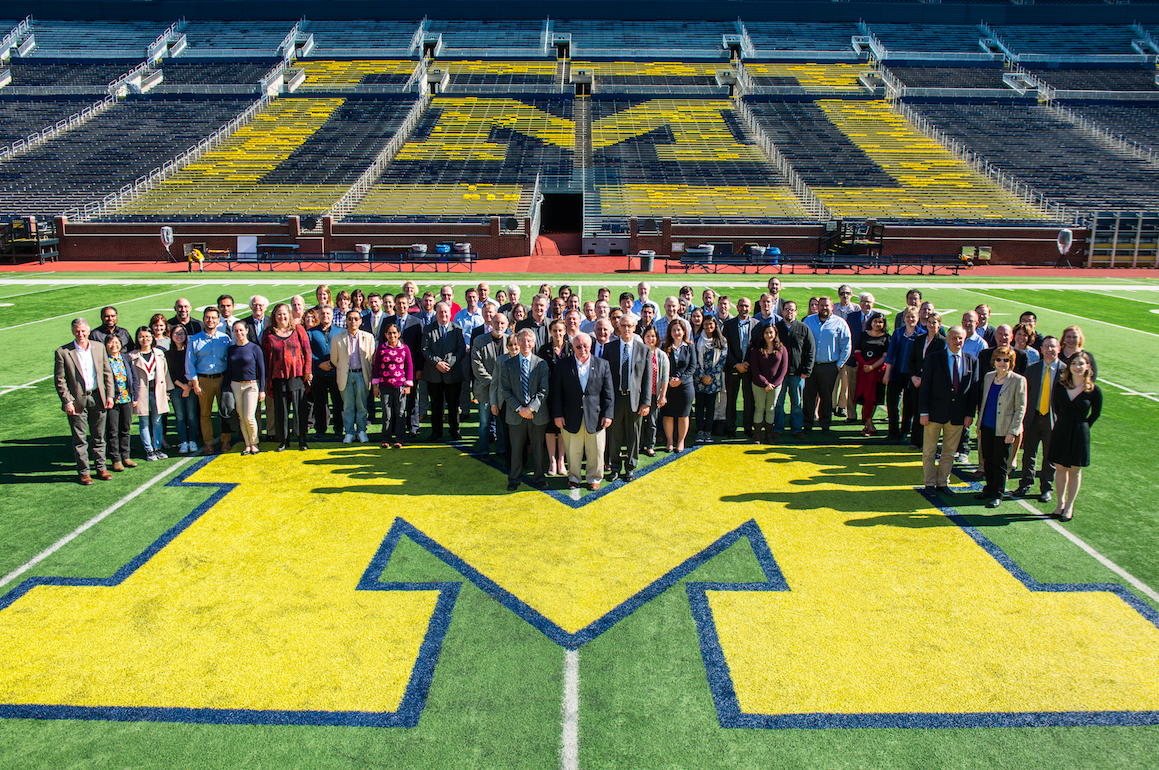
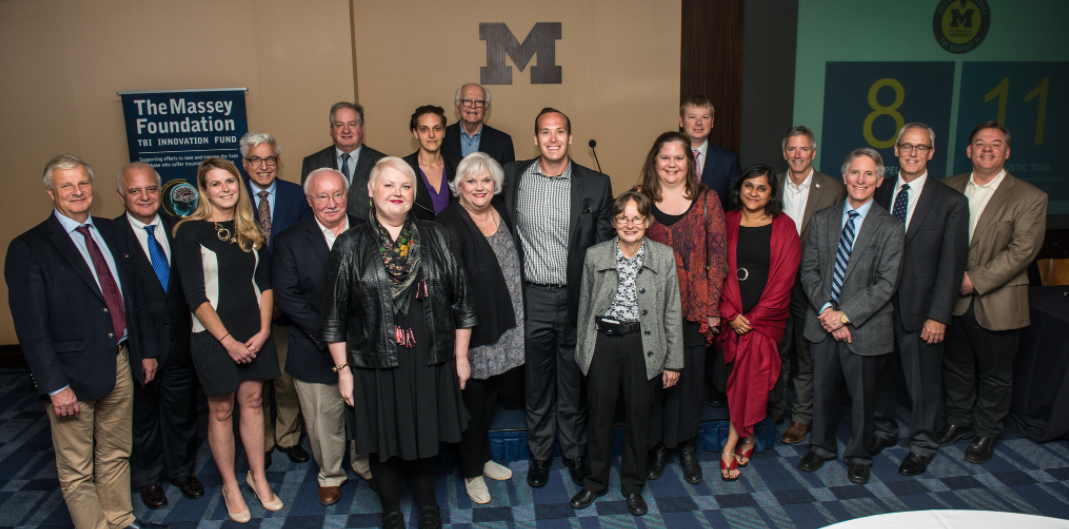
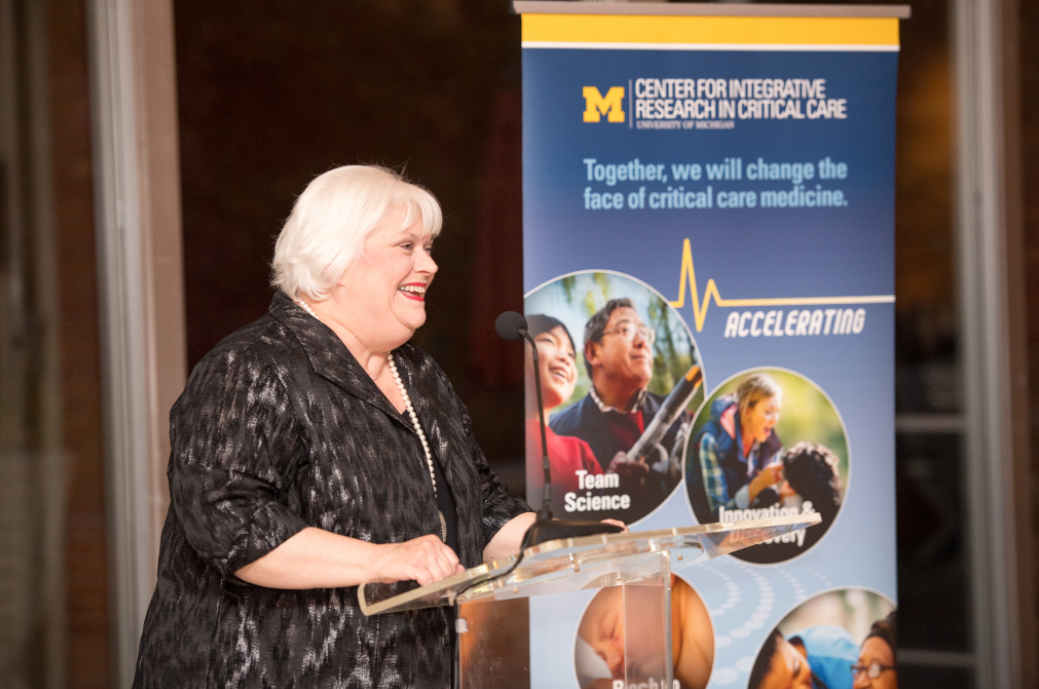
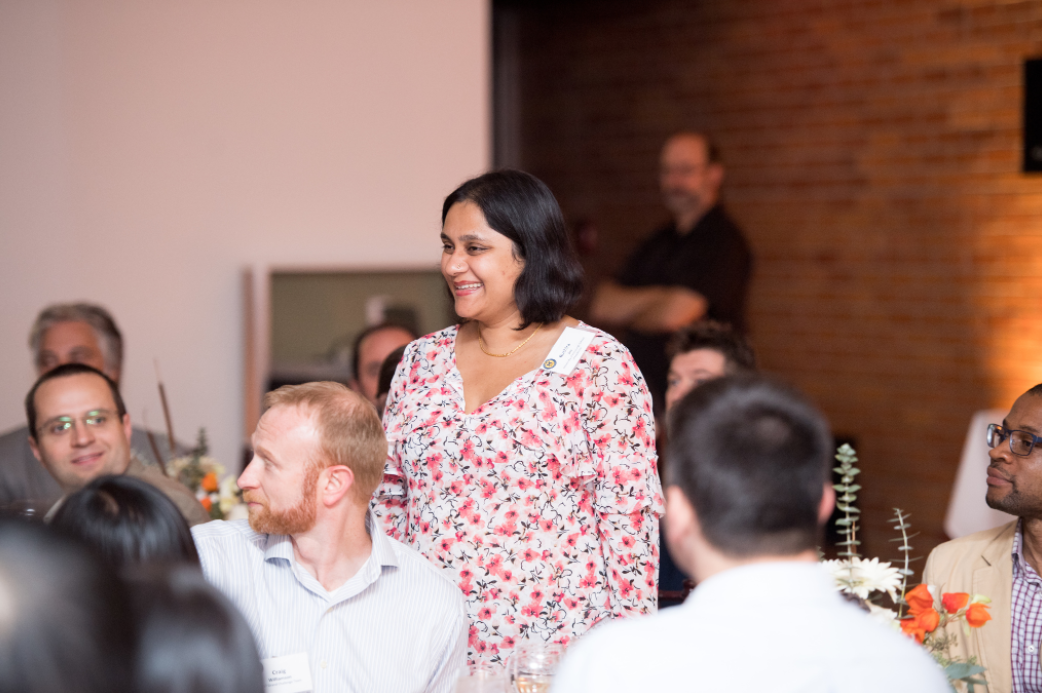
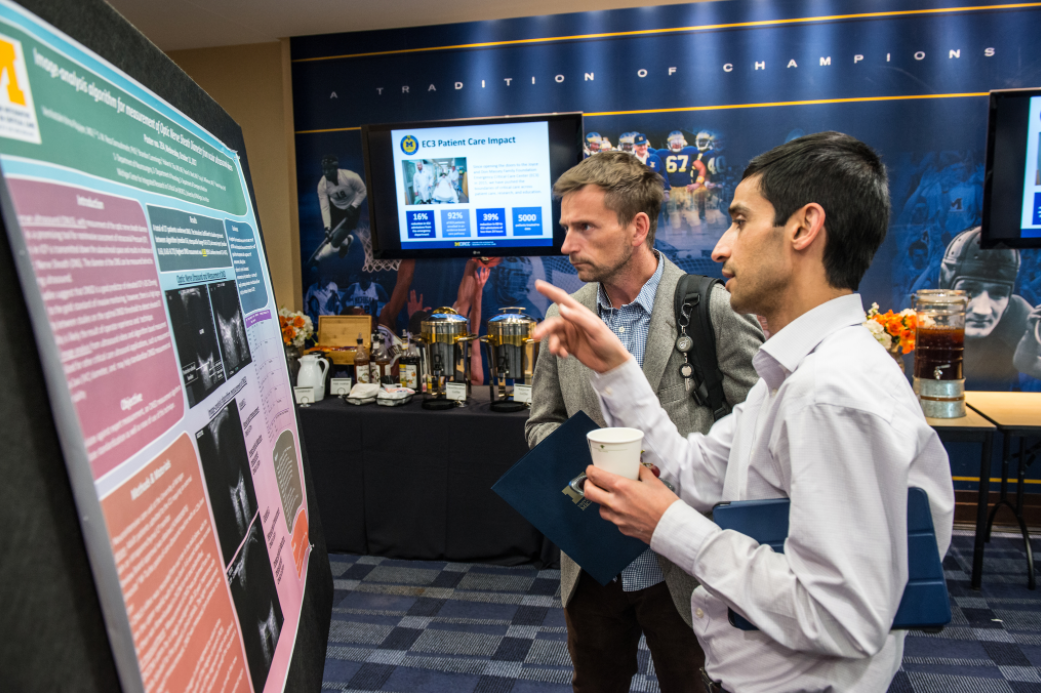


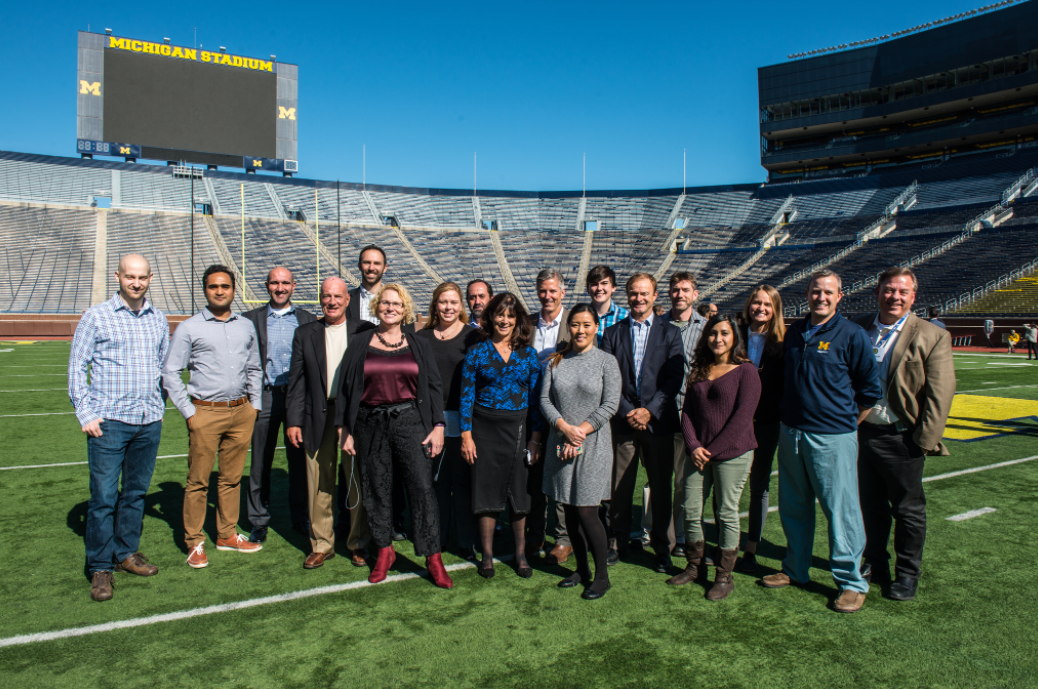

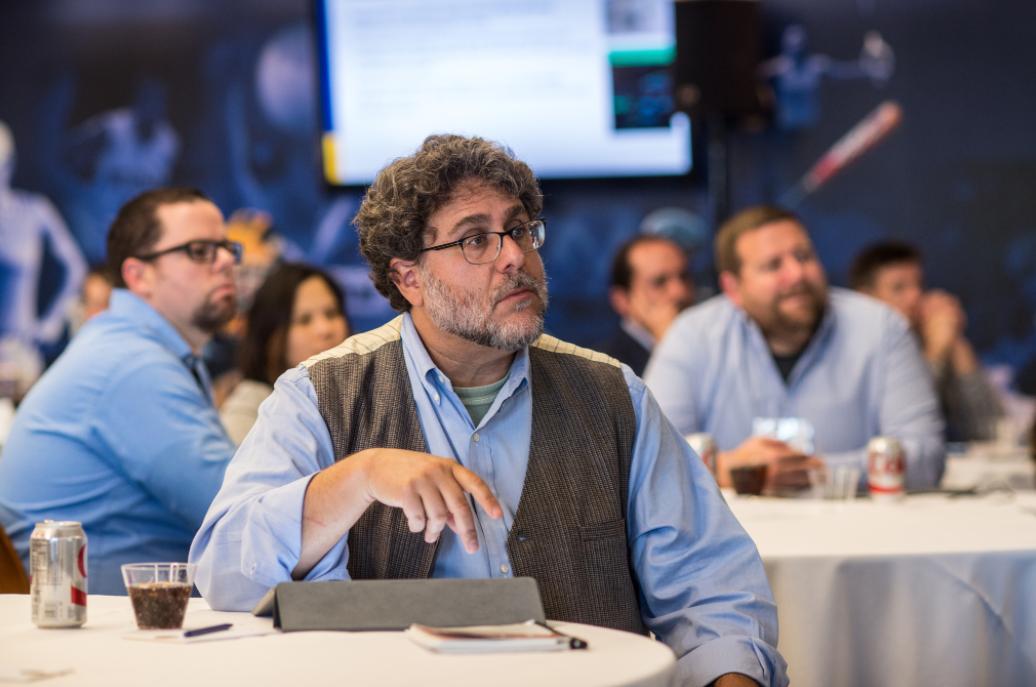
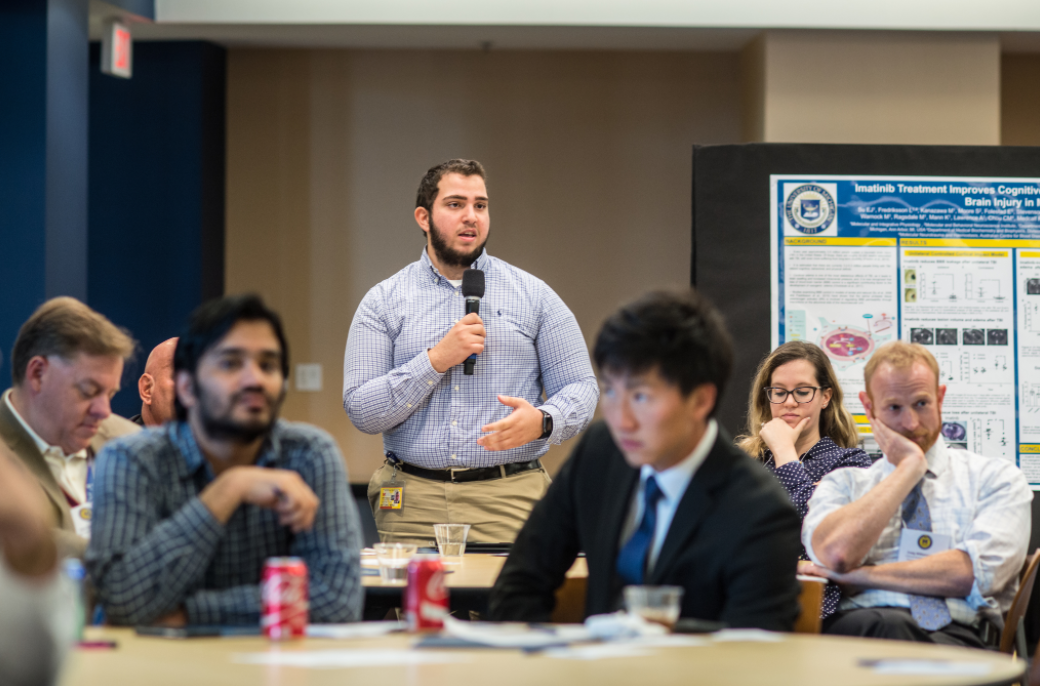
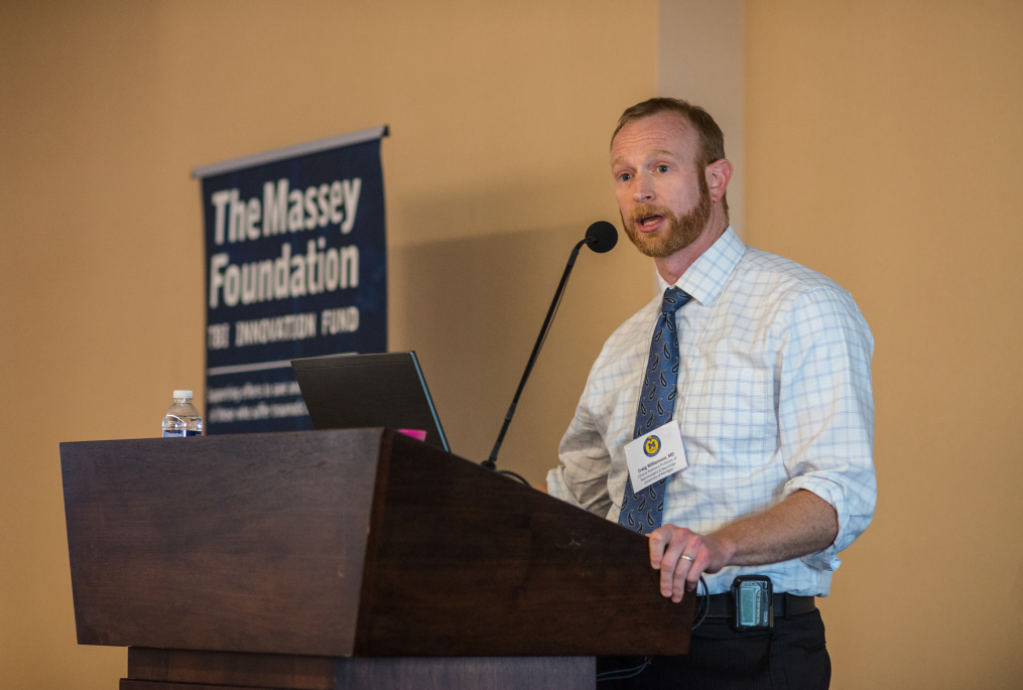
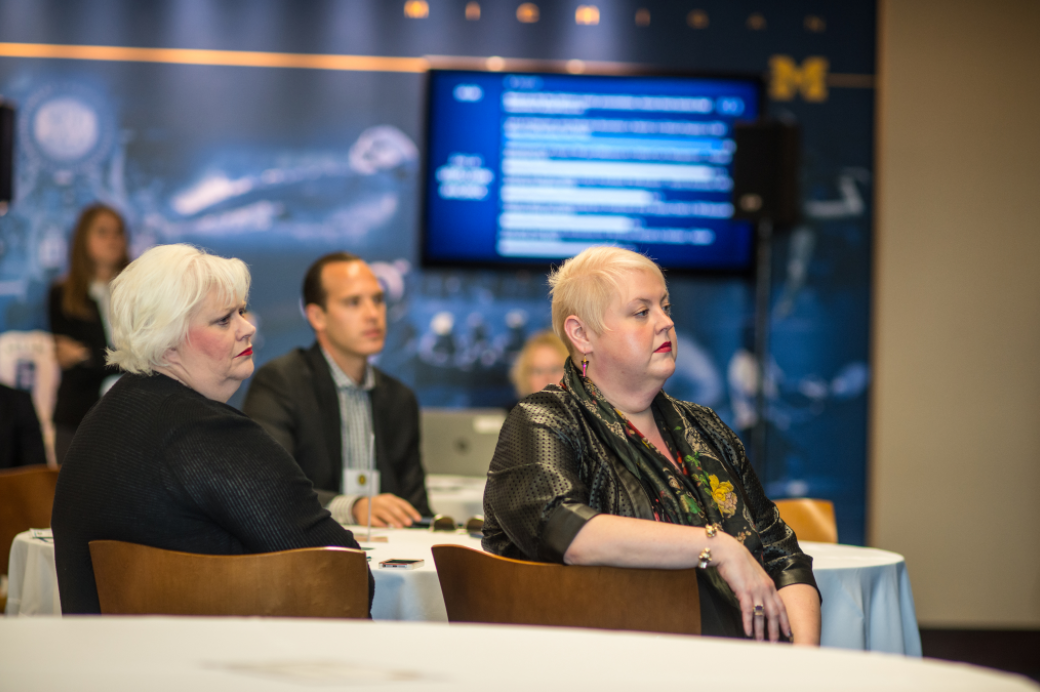
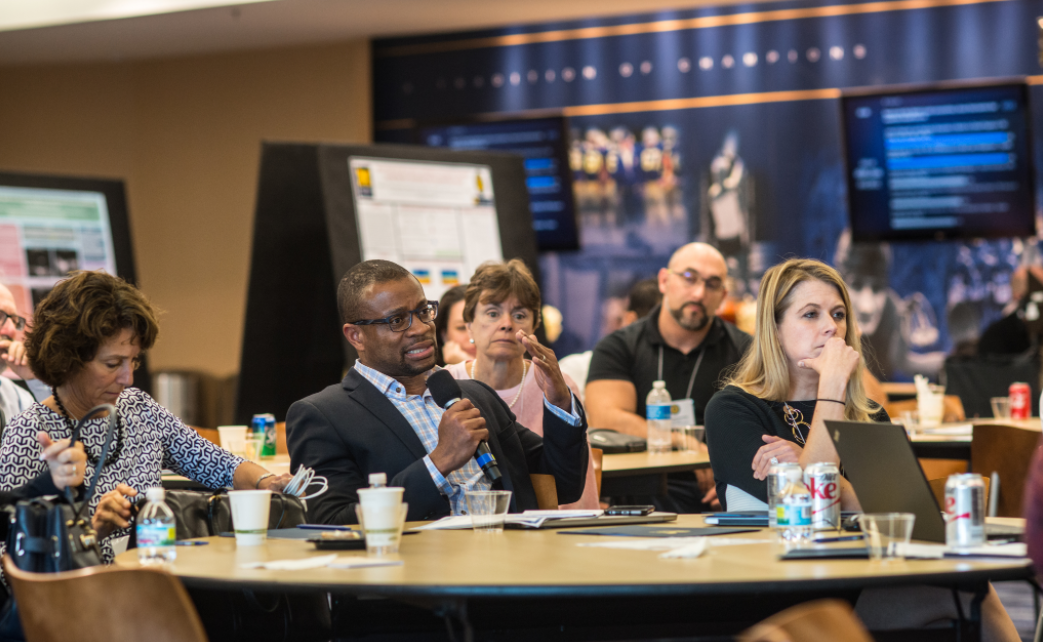
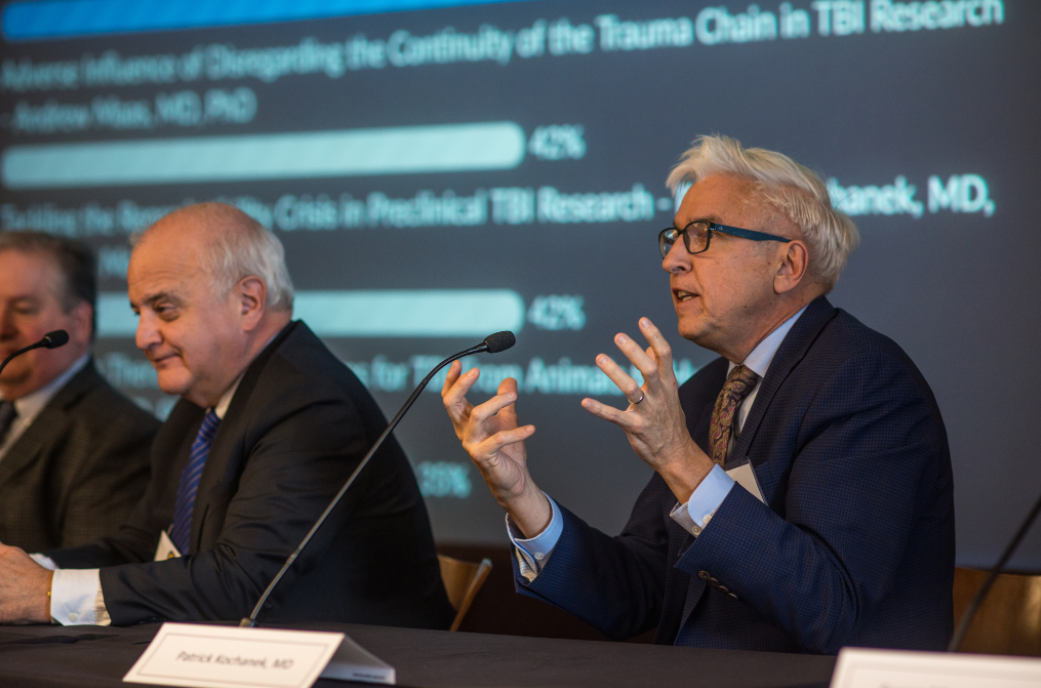
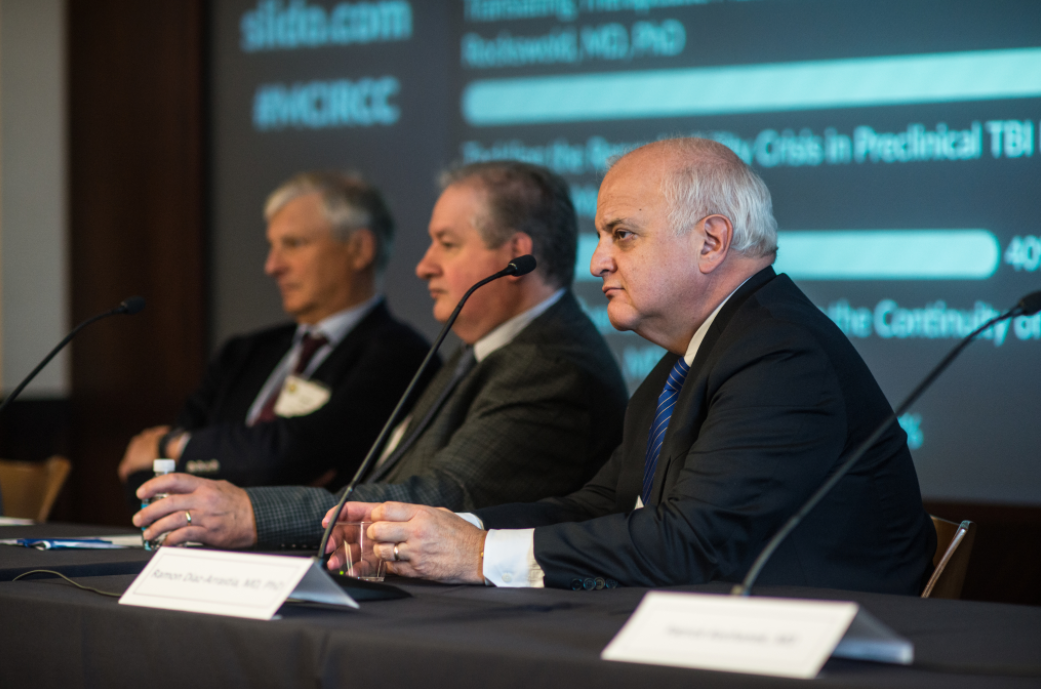


Traumatic brain injury (TBI) is considered by many to be the most complicated injury in the most complicated organ in the body. It affects 1.7 million Americans each year, contributing to one third of all injury-related deaths—yet there has been little advancement in diagnosis and treatment.
The Joyce Massey TBI Summit brings together leading TBI experts from across the country to present their current research, discuss the future of the field and identify important barriers to improving TBI outcomes.
Last month, MCIRCC hosted its second Summit with one goal in mind: to identify the major barriers investigators currently face and establish a list of research priorities.
Invited key opinion leaders highlighted several barriers, from prognostic and predictive biomarkers to the challenges of heterogeneity in human TBI to the importance of continuity in the trauma chain. These were discussed in more detail by all of the conference attendees to identify the most important priorities for the future.
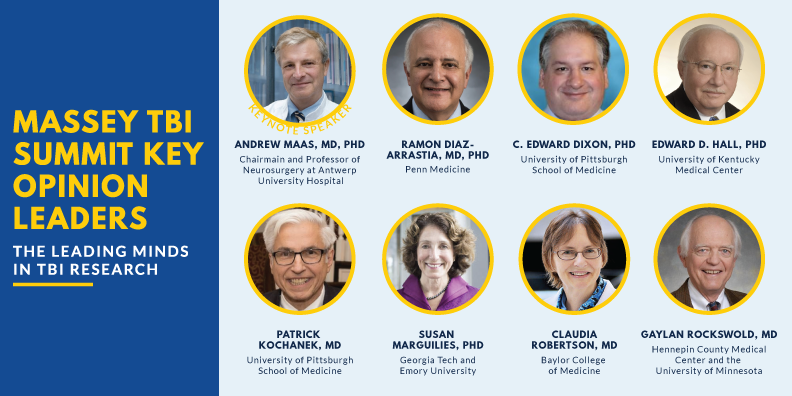
University of Pennsylvania’s Ramon Diaz-Arrastia, MD, PhD argued that the current lack of prognostic and predictive biomarkers has led to countless failed clinical trials. He believes that an opportunity exists to effectively use biomarkers to identify endophenotypes in TBI in order to guide targeted therapies.
Keynote speaker, Andrew Maas, MD, PhD from Belgium’s Antwerp University, spoke about recognizing that effective TBI care has a chain of continuity that starts at the time of injury and continues through hospitalization and rehabilitation. Any weaknesses in this chain of care can adversely affect the ultimate outcome for the patient. If pre-hospital care is inadequate, and secondary brain injury occurs, the battle is often lost no matter how good the in-hospital care is. Likewise, good in-hospital acute care management may be lost if post-acute care is inadequate. This makes it difficult to determine the effectiveness of interventional treatments that occur at a discrete time in the acute phase of care if the rest of the chain of care is poorly controlled.
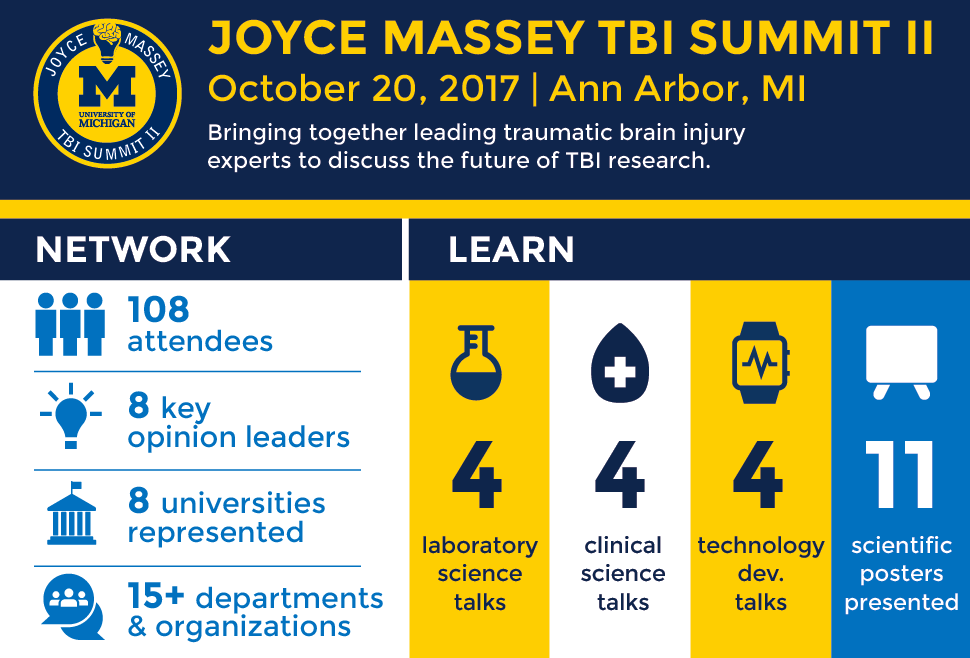
Baylor College’s Claudia Robertson, MD discussed the challenges that heterogeneity of human TBI presents and the importance of looking at the comparative effectiveness of critical care management strategies. Not only will this help to establish best practices for TBI treatment, but it will also reduce variability in clinical trials and help standardize decisions determining the futility of care.
Noting that the challenges of heterogeneity also apply to preclinical TBI research, University of Pittsburgh’s Patrick Kochanek, MD, and Georgia Tech/Emory University’s Susan Margulies, PhD, presented the “reproducibility crisis,” arguing that the best way to get clinical treatments to the finish line is through high-quality, multi-center preclinical research.
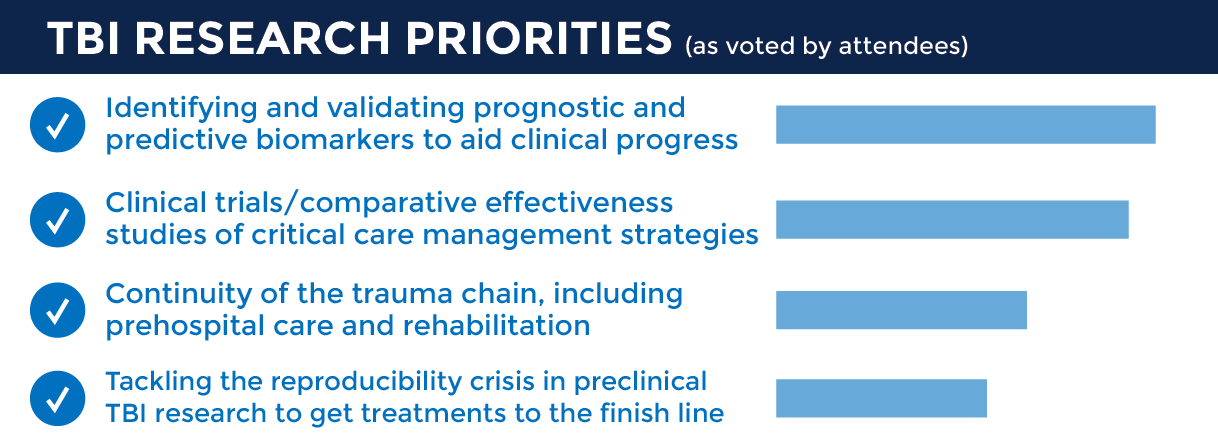
In addition to the key opinion leader panel discussion, the Summit also featured engaging Q&A sessions, updates from last year’s Massey TBI Grand Challenge teams, and research presentations from the key opinion leaders’ mentees.
The Summit, made possible by the Joyce and Don Massey Family Foundation, has provided some food for thought as we head towards the next Massey TBI Grand Challenge on March 2, 2018.
